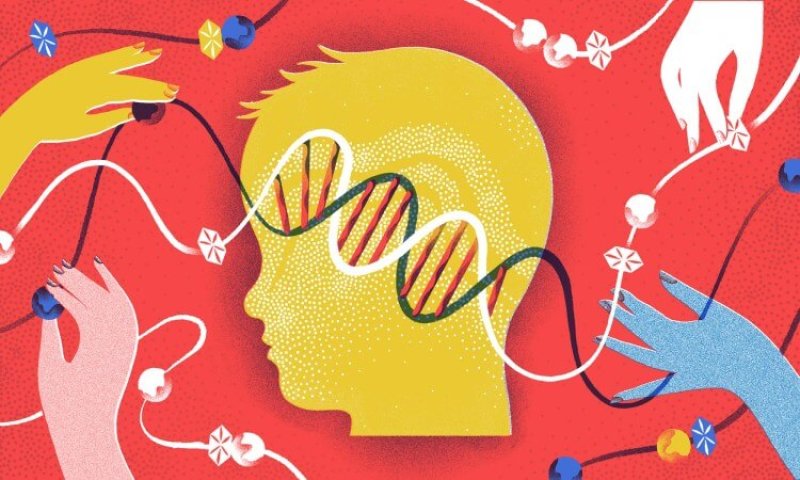Scientists have been given a green light from members of the public to press ahead with developing gene editing therapies for life-threatening conditions. People are also broadly in favour of using the powerful technology to stamp out inherited diseases, according to the results of a Royal Society survey.
…
“People have told us that they are cautiously optimistic about the potential of the new methods for research and applications, but they are understandably concerned about the risks, and the ethical and social implications.” [said professor Robin Lovell-Badge]
…
“Working out what we as a society find ethically acceptable requires open and inclusive debate involving many voices – and any decisions as to their use should not be left to scientists and clinicians alone, but involve all sectors of society.”
Of the survey participants, 83% believed using gene editing to conquer incurable devastating disorders such as muscular dystrophy would be positive for society.
Almost the same proportion, 82%, had no qualms about the technology being brought to bear on conditions such as leukaemia for which other treatments are already available. Nearly three quarters (73%) were happy for gene editing to be used to treat arthritis and other non-life threatening conditions.
A total of 69% drew the line at cosmetic gene alterations affecting appearance, while 60% felt the same about editing higher intelligence or other abilities such as athletic prowess into people’s DNA.
Read full, original post: Members of the public `cautiously optimistic´ about gene editing































